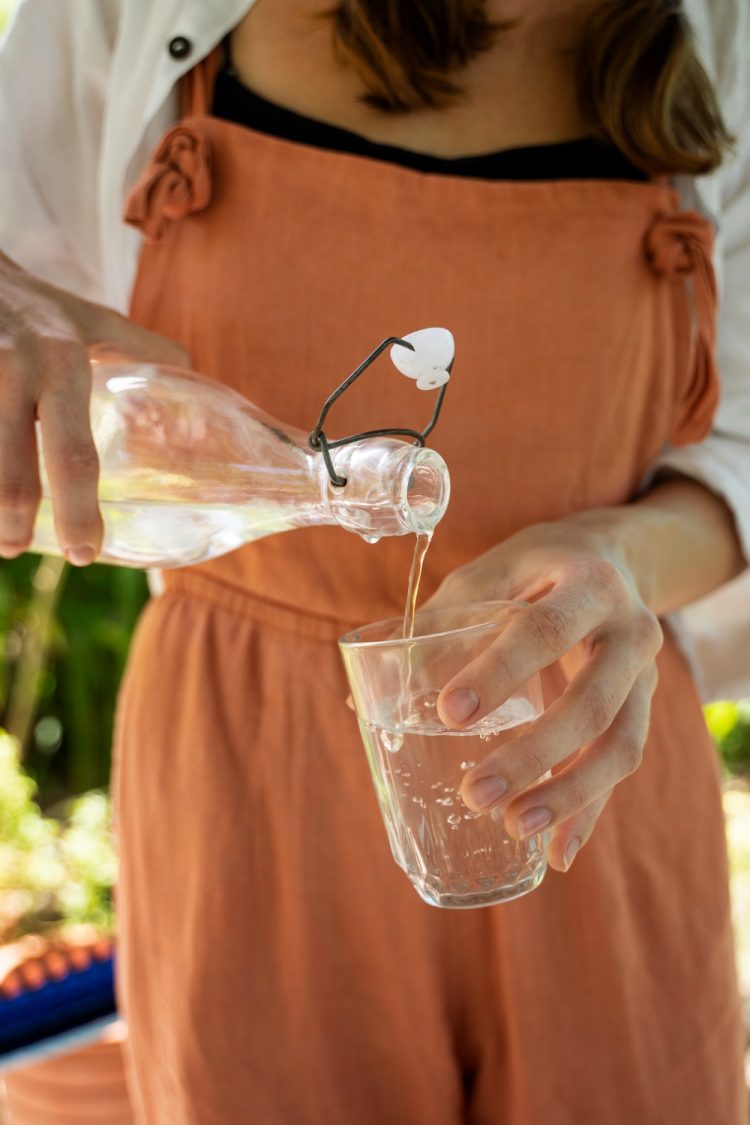Water is often referred to as the elixir of life, crucial for sustaining both life and health. It’s widely recommended to drink eight, eight-ounce glasses of water daily to maintain good health—a guideline that, while not strictly scientific, highlights the importance of hydration. Recent shifts away from sodas and sugary beverages towards water reflect a broader move towards healthier lifestyle choices. However, hydration needs are highly individual and vary based on factors such as age, activity level, and overall health. These needs underscore the importance of understanding the health benefits of water and adapting hydration practices to one’s personal health requirements.
Water serves many vital functions in the body, from regulating body temperature to flushing toxins and facilitating proper digestion. During periods of illness or intense physical activity, the risk of dehydration increases, particularly in vulnerable groups such as the elderly. For these individuals, regular monitoring of hydration levels is crucial, as their diminished sense of thirst may not adequately prompt them to drink water. Additionally, the body’s hydration status is managed through a complex system involving brain signals to the kidneys, regulating water retention and release. Responding to these signals by hydrating promptly is vital, especially in avoiding beverages like alcohol that can disrupt this delicate balance and exacerbate dehydration.
Understanding the Multifaceted Health Benefits of Water
- Weight Management: Water is incredibly beneficial for those trying to manage their weight. It helps control caloric intake by providing a sense of fullness, which reduces the likelihood of overeating. Additionally, consuming foods high in water content, such as fruits, vegetables, and broths, can contribute to hydration while offering essential nutrients with fewer calories.
- Muscle and Joint Health: Proper hydration is crucial for maintaining fluid balance within muscle cells, preventing muscle fatigue. Dehydrated muscles may underperform, impacting overall physical abilities and performance.
- Enhanced Physical Performance: Consistent with guidelines from the American College of Sports Medicine, drinking 17 ounces of fluid about two hours before exercising ensures adequate hydration, helping to offset the fluids lost through sweat during physical activity.
- Skin Health: Adequate hydration helps maintain skin cell health, acting as a barrier against excessive fluid loss and improving skin appearance by reducing signs of aging such as dryness and wrinkles.
- Kidney Function: Regular and sufficient water intake is essential for kidney function, facilitating the efficient removal of waste from the body. Proper hydration also keeps the urine dilute, helping to prevent the formation of kidney stones.
- Digestive Health: Water aids in digestion and is critical in preventing constipation. It ensures the smooth functioning of the gastrointestinal tract, whereas insufficient hydration can lead to harder stools and constipation, as the body withdraws water from the colon.
Integrating Better Hydration Practices
Effective hydration habits are particularly important for seniors and those receiving in-home care, where hydration needs may be more challenging to meet. Practical steps to improve hydration include:
- Installing Touchless Water Refill Stations: These stations are invaluable in communal living environments like senior centers, offering a hygienic solution to encourage regular water intake without the need to handle faucets or bottles.
- Including Hydration in Care Plans: Caregivers can help by setting specific hydration goals to ensure that elderly individuals, who may not feel the urge to drink regularly, meet their daily water intake requirements.
- Flavoring Water: Adding slices of fruit or a splash of juice can make drinking water more appealing, encouraging regular consumption throughout the day.
- Focusing on Hydration-Rich Foods: Increasing the intake of fruits and vegetables, which are naturally high in water, can significantly aid hydration and provide additional health benefits.
Hydration is a fundamental aspect of health that impacts numerous bodily functions and overall quality of life. By recognizing personal hydration needs, responding to the body’s cues for water, and adopting practical hydration strategies, individuals can greatly enhance their health and vitality. Whether through innovative solutions like touchless water stations, supportive care practices, or simple dietary adjustments, maintaining adequate hydration is both achievable and essential for all ages.
Conclusion: Prioritizing Hydration for Optimal Health
Hydration plays a fundamental role in maintaining overall health and should be treated as a priority in everyone’s daily routine. By understanding the diverse benefits of adequate water intake—from enhancing physical performance and aiding digestion to improving kidney function and skin health—individuals can take proactive steps toward improving their wellbeing. It is crucial to recognize that hydration needs vary from person to person, influenced by factors such as age, health status, and activity level. Tailoring hydration practices to meet these personal needs ensures that each individual can maintain optimal health and prevent the myriad issues associated with dehydration.
For populations such as the elderly or those under in-home care, maintaining adequate hydration can be particularly challenging, yet it remains critically important. Implementing practical measures like installing touchless water refill stations, enhancing the flavor of water to encourage regular intake, and integrating hydration-focused strategies into care plans can make a significant difference. These efforts help ensure that vulnerable populations stay properly hydrated, supporting their health and enhancing their quality of life. With commitment and attention to these details, hydration can be effectively managed, providing benefits that extend across all facets of health and daily living.







